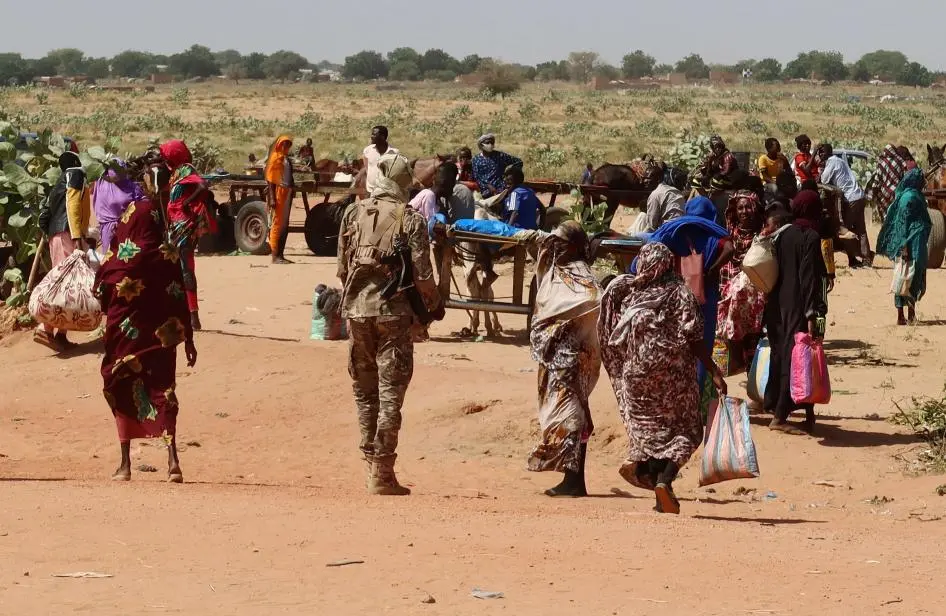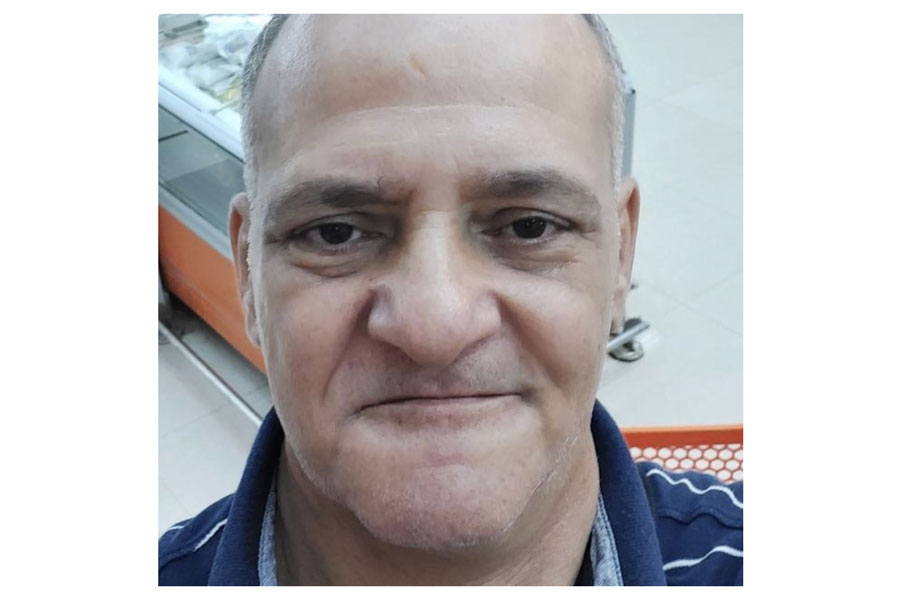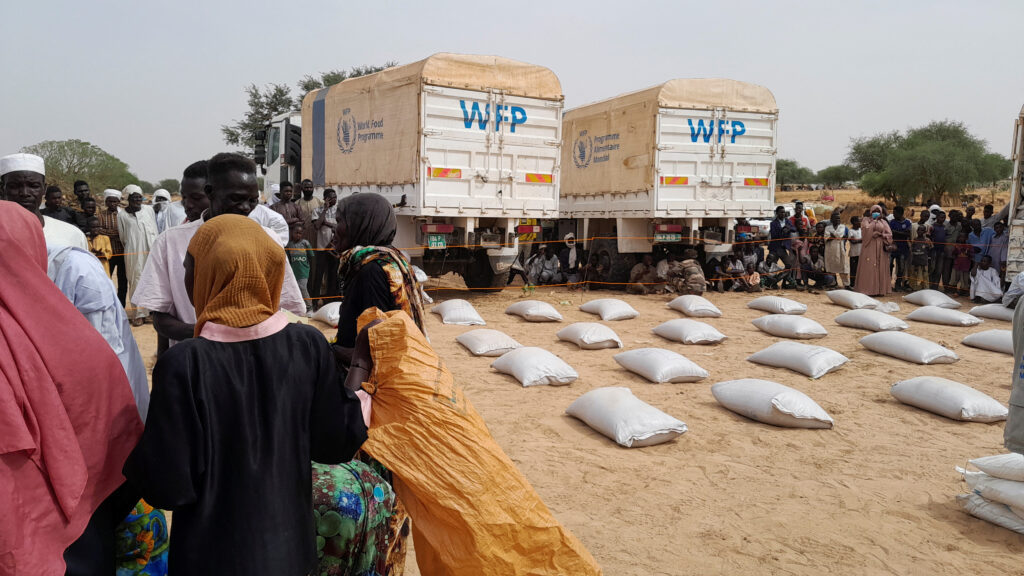The brutal civil war in Sudan has taken an even darker turn as sustained attacks on displacement camps continue into a third day, leaving over 100 civilians dead, including at least 20 children and medical personnel.
Witness accounts from Zamzam camp near El-Fasher, a city in western Darfur, paint a harrowing picture of families trapped under siege, medical workers targeted, and humanitarian services obliterated. While the paramilitary Rapid Support Forces (RSF) deny responsibility, both eyewitness reports and satellite evidence strongly suggest deliberate assaults on civilian infrastructure.
What is unfolding in Darfur represents not just a tragedy for those immediately affected, but a dire escalation that endangers millions more. With roads cut off and shelling ongoing, families are unable to escape, and food and medical supplies are running critically low. International aid workers, including doctors and logistical staff, have been executed in cold blood, according to survivors. Entire sections of camps such as Zamzam and Abu Shouk have been burned, and those attempting to flee face violence or starvation. The RSF’s actions—described by aid agencies as targeted efforts to dismantle health infrastructure—are further intensifying the already catastrophic humanitarian crisis.
The war, now in its second year, has displaced more than 12 million people, creating what the UN calls the world’s largest humanitarian disaster. With el-Fasher—the last major Darfur city under army control—under siege, fears are mounting that further massacres are imminent. International voices, including the UK Foreign Secretary and the US State Department, have condemned the attacks, but the scale of suffering continues to rise. As peace efforts remain stalled, the unchecked violence threatens not only the survival of those in displacement camps but the stability of the region as a whole.


